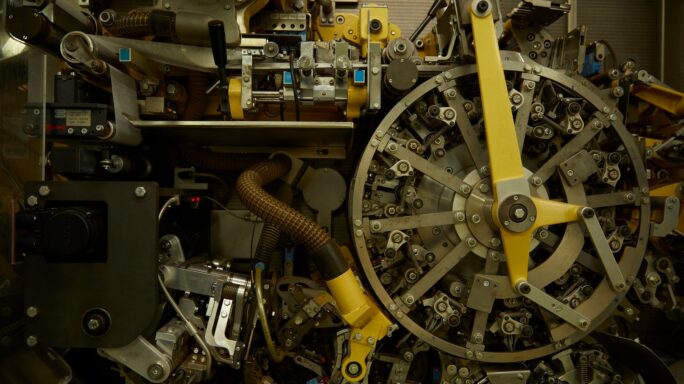Free guides & templates
A guide to the VAT domestic reverse charge for construction
Learn about the VAT domestic reverse charge for building and construction services, and what it means for your business.

A new VAT reverse charge system will come into play for those working in the UK’s construction industry from 1 March 2021.
If it applies to you, the way your handle and pay VAT might have to change.
The VAT domestic reverse charge for building and construction services is an extension of the Construction Industry Scheme.
The new legislation will apply to transactions that occur between VAT registered contractors and sub-contractors who are registered for the CIS.
HMRC estimates that £100m of revenue is lost each year due to missing trader fraud. The reverse charge will aim to reduce this figure.
So what do the changes mean for your construction firm and how will you be affected?
The handy guide to VAT reverse charge for building and construction services will provide you with the information that’s required to prepare you for the new legislation.
Read the guide to learn about:
- The VAT reverse charge: What’s happening, why and when
- The VAT reverse charge processes for the construction industry explained
- When to use the reverse charge legislation
- How to get your construction business ready
Here’s an excerpt from the guide.
VAT reverse charge: What, why, when
In 2017, the UK government announced new legislation to combat VAT fraud seen in the construction industry.
The goal is to cut down on ‘missing trader’ fraud where the companies receive high net amounts of VAT from their customers and then go missing.
The VAT reverse charge legislation will come into effect in March 2021, due to the impact of coronavirus on the construction industry, and is estimated to impact up to 150,000 businesses in the building and construction sector.
The legislation is concerned with moving the VAT liability from the supplier of a service in the construction industry to the end recipient.
Who’s affected?
- The reverse charge will apply to any ‘construction services’ supplied, and any goods supplied in conjunction with them
- The legislation impacts businesses registered as contractors to work in the construction industry service, and end recipients of the services
- The services to which the reverse charge applies (e.g. construction, installation, etc) are detailed on HMRC.
Exclusions
The legislation does not apply to:
- Zero-rated supplies of construction services
- The supply of solely goods
- Supplies of specified services where the supplier and customer are connected in any way, and for supplies between landlords and tenants
- Suppliers of specified services overseas (the Construction Industry Scheme legislation is concerned with the domestic supply of services only)
- Where the recipient is not going to be making an onward supply of construction services.
Editor’s note: This article was first published in August 2019 and has been updated for relevance.
The handy guide to VAT reverse charge for building and construction services
Learn about the VAT domestic reverse charge for construction, what it means for your company and how to prepare for HMRC's VAT changes.







Ask the author a question or share your advice